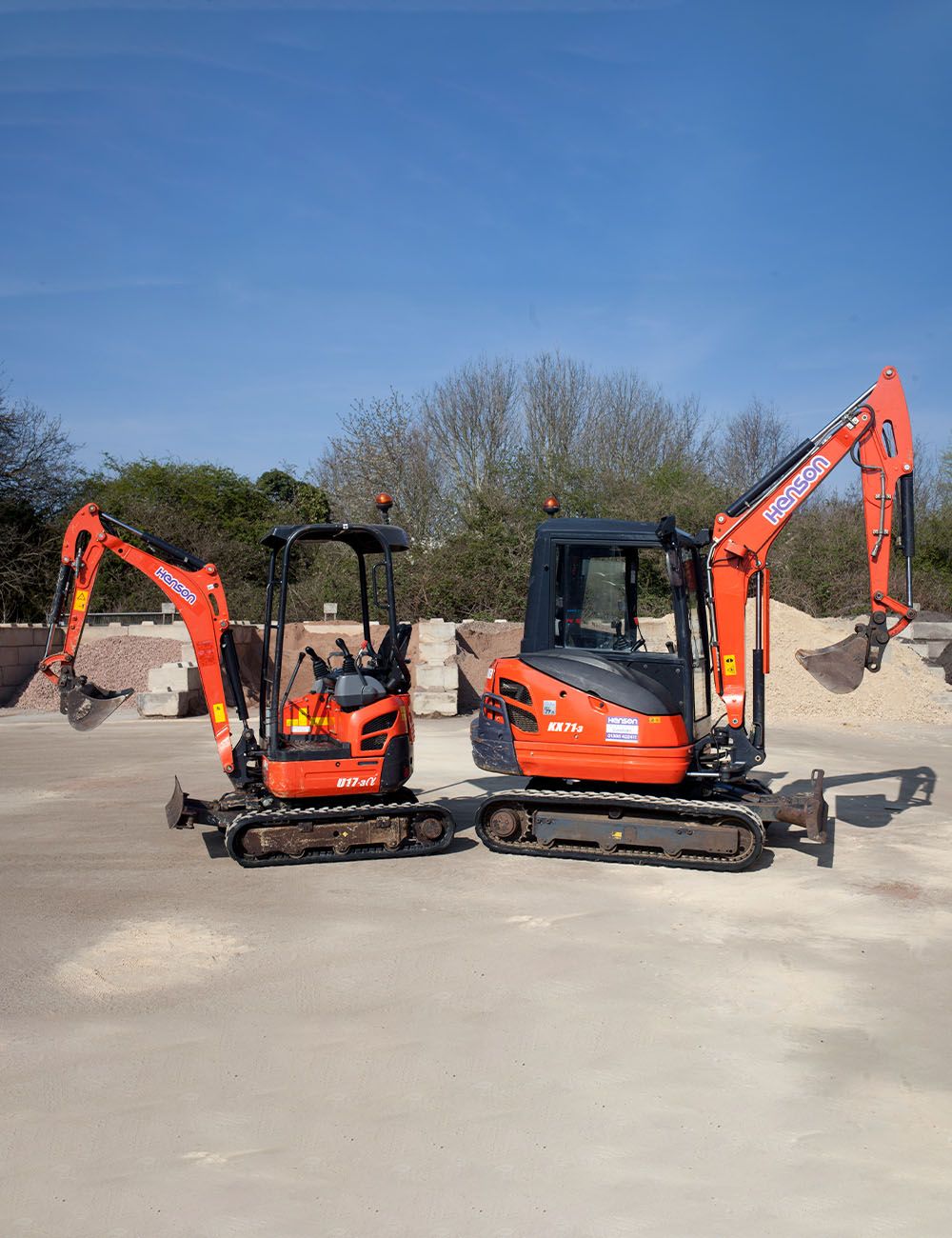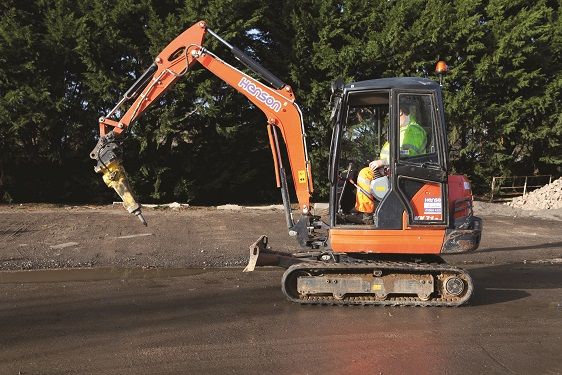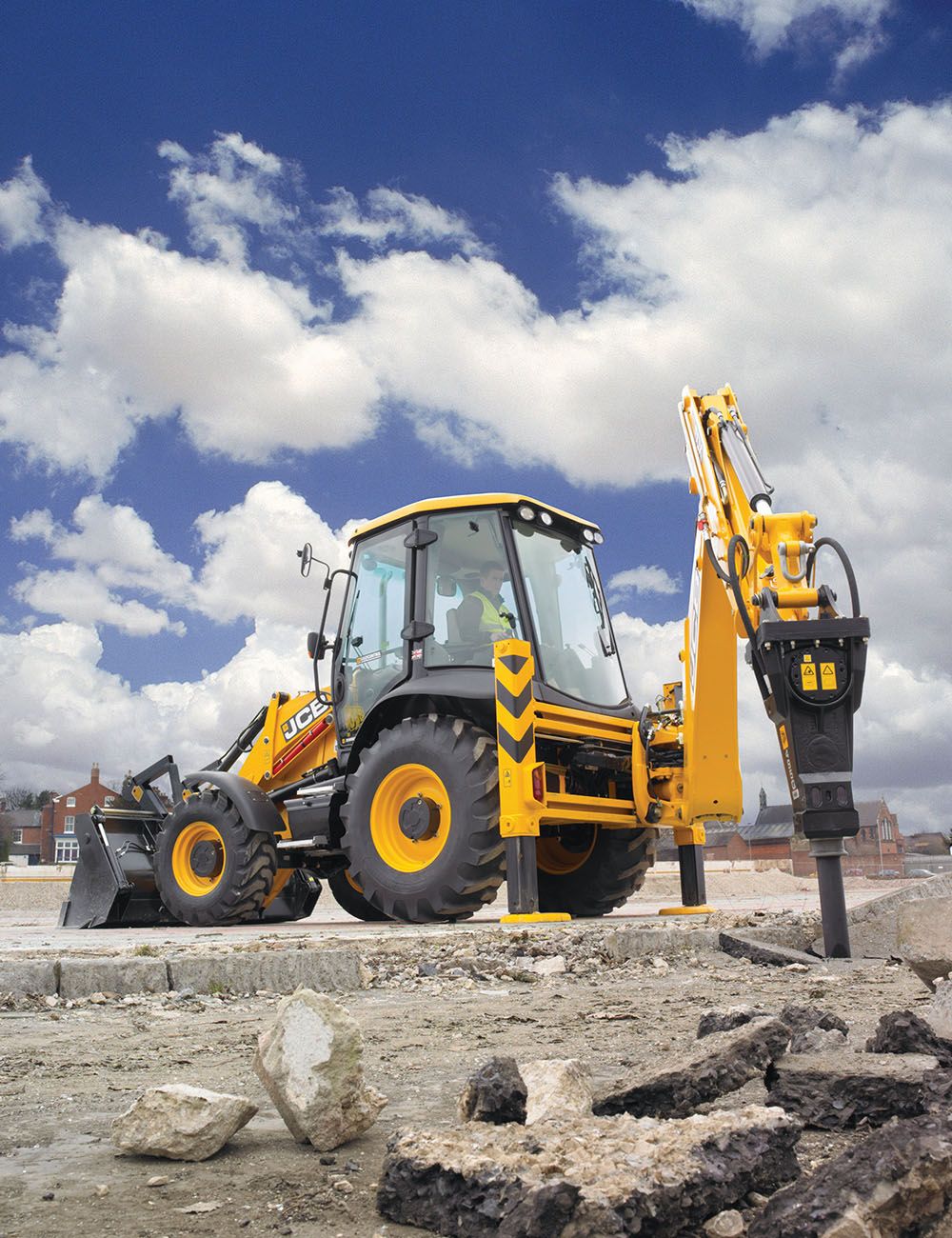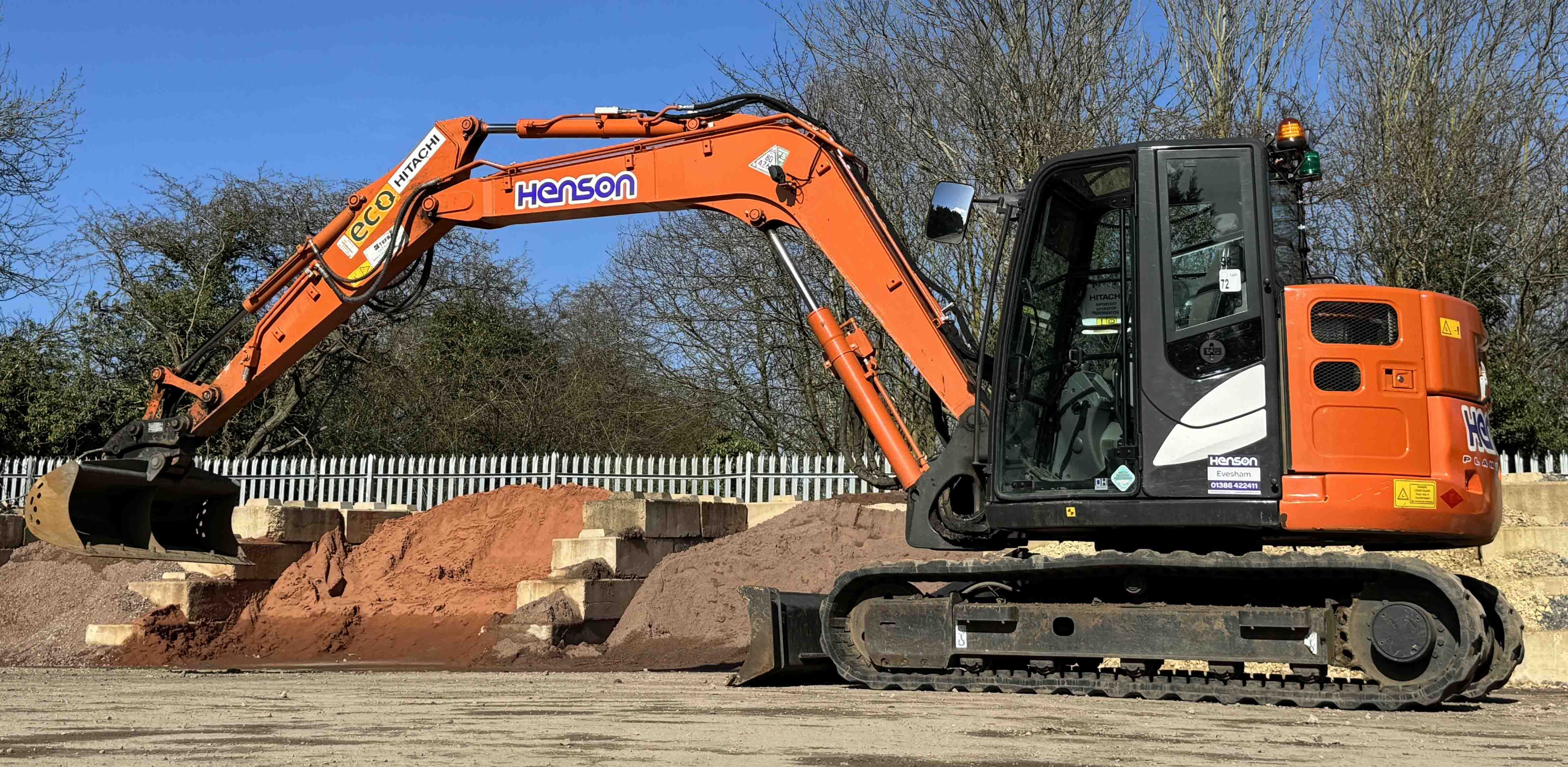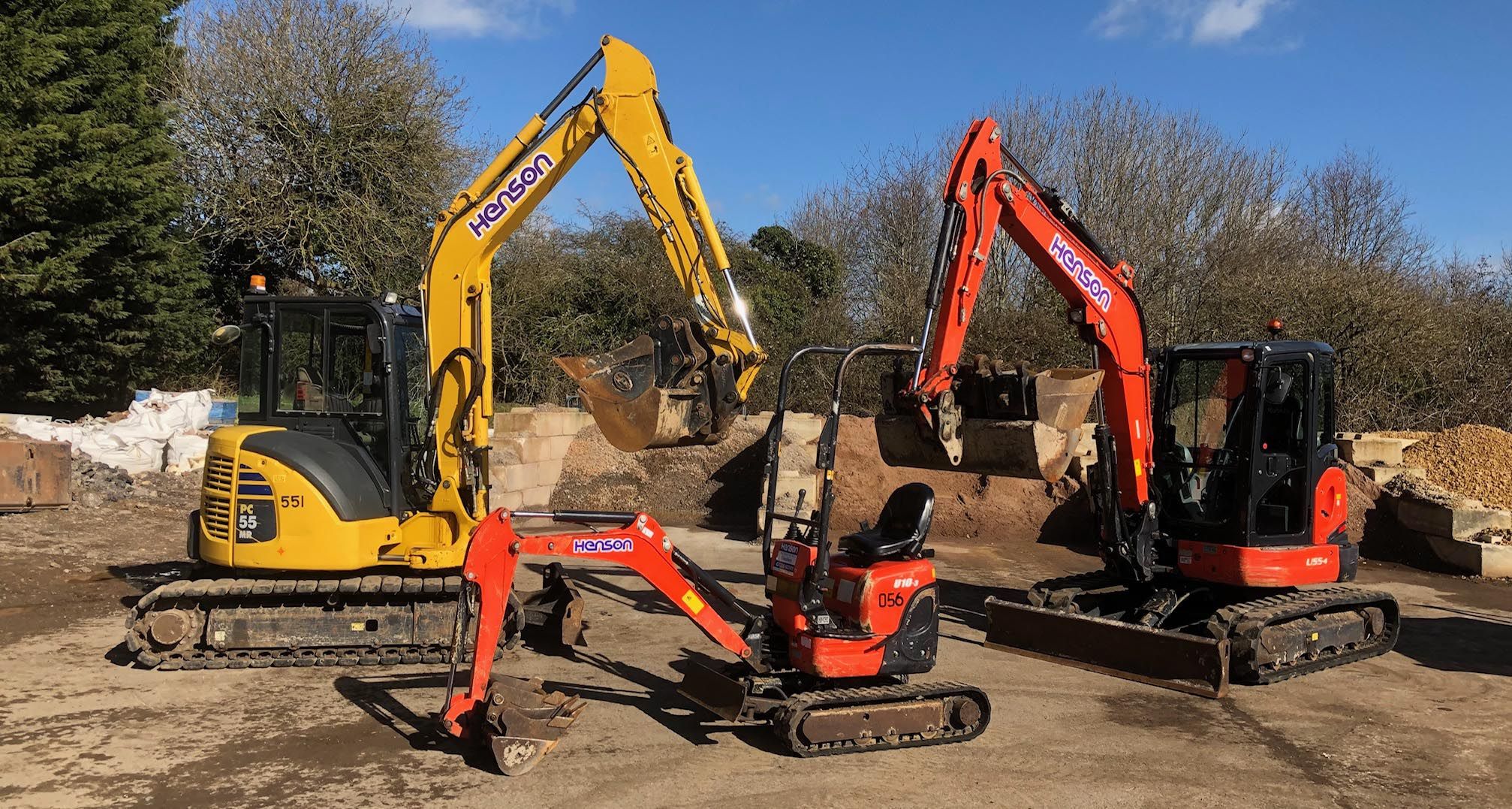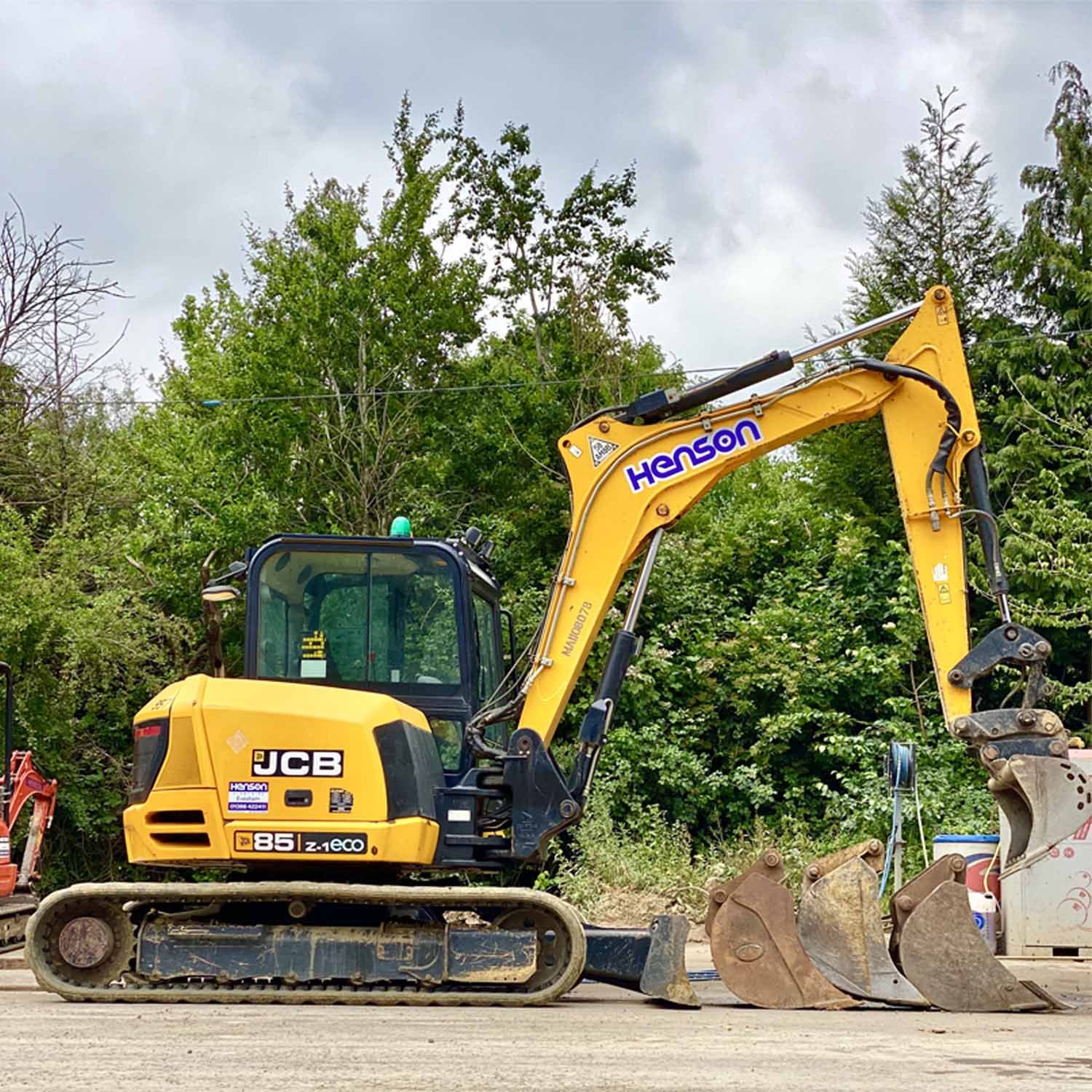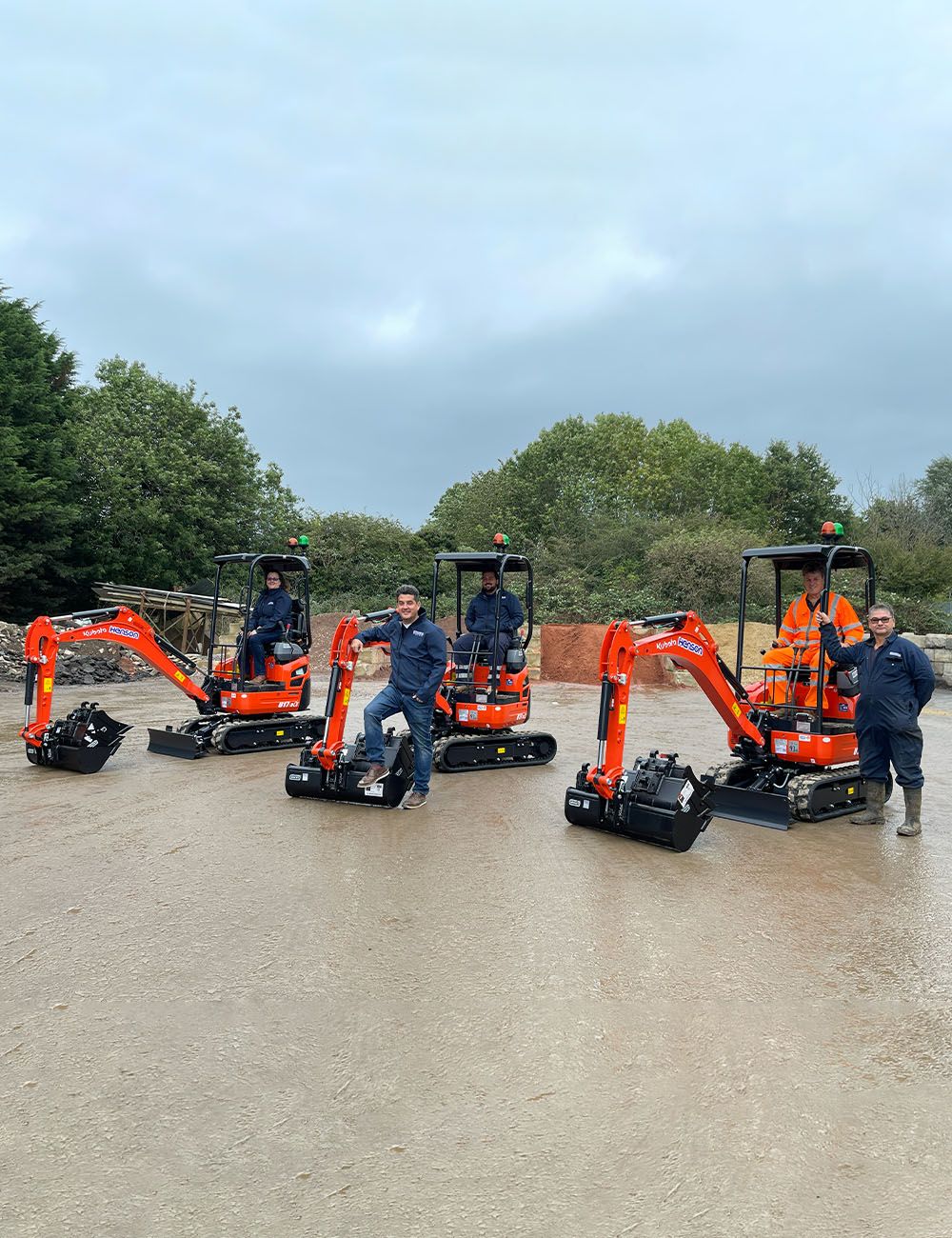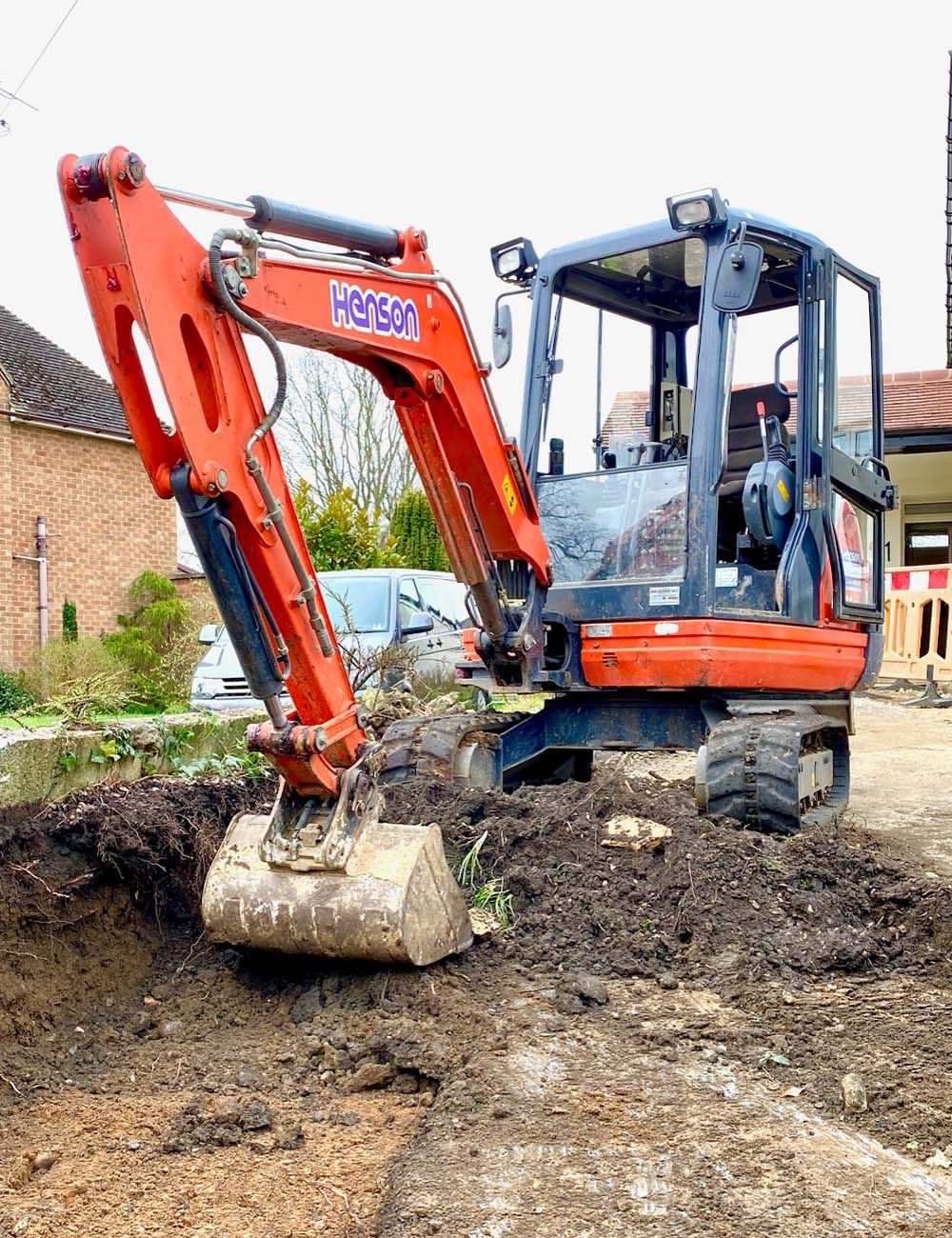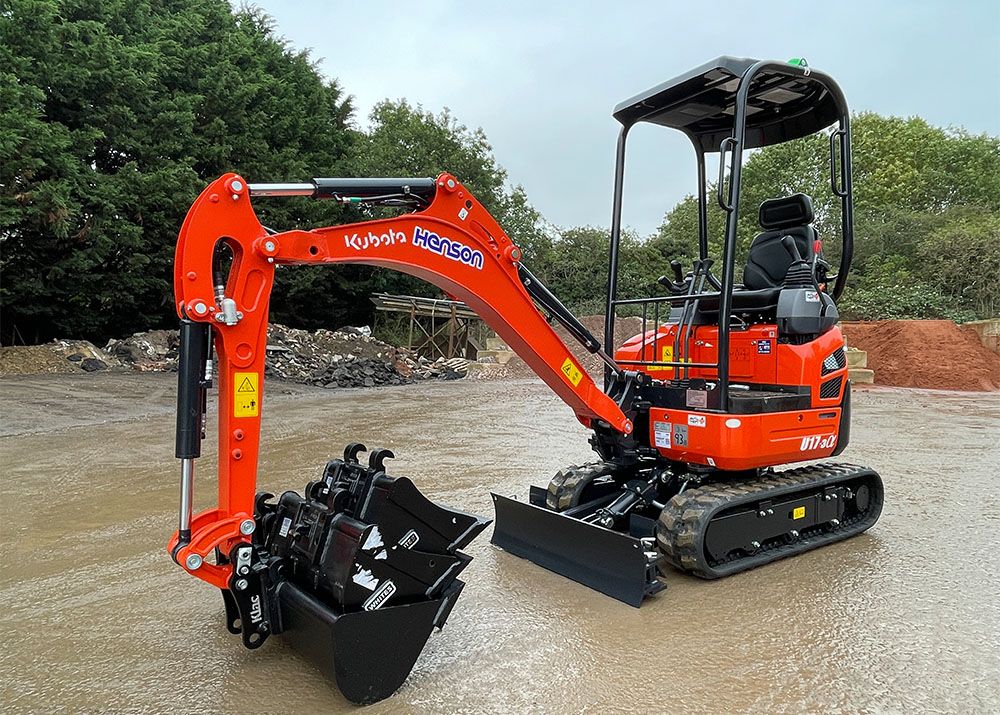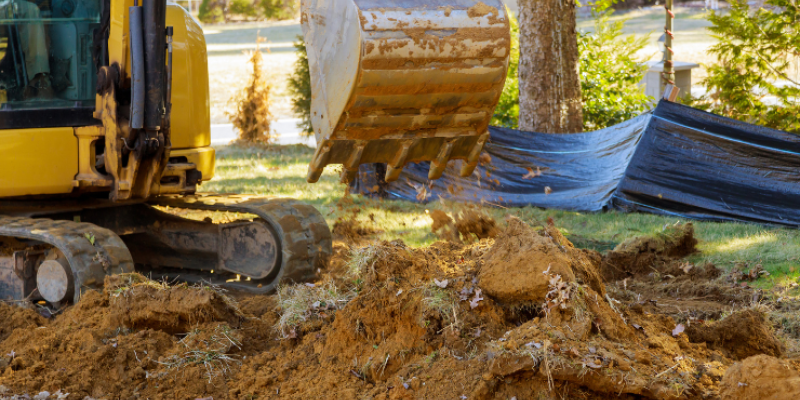
Digging deep into excavation
Blog
Excavating at your home, workplace or a new site can be daunting, thinking about digging and making a mess in your outdoor space. Understanding what is happening may make things easier for you to bear and give you an idea of what to expect. We will go through different types of excavation, different industries, what excavation is, and why you may need to excavate.
What is excavation?
As you may already know, excavation is when you dig to remove spoil to form a hole or trench. Depending on how much you need to dig, this can be done with a shovel or the use of an excavator.
Why excavate?
There are many reasons why you may need to excavate. It could be because you are having work done on underground pipes, whether they need servicing, replacing, or installing. Similarly, you may need work done on existing or new cables on your property or construction site.
If you are looking to install a pond, swimming pool, or reservoir, you would need to excavate the required space, followed by many other steps in between, to create the area for your water to go into. When extensions or new houses are being built, the ground would have to be excavated in order to create a place for the foundations to go. Or excavation can happen in archaeological digs to form the box grids or trenches for example.
Excavation can be required in different industries and sectors such as:
- Civil Engineering
- Groundworks
- Archaeology
- Roads
- Housing Developments
- DIY Projects
- Agriculture
Different types of excavation.
There are several different types of excavation, including:
Topsoil
Topsoil excavation is when you remove the exposed layer of the earth’s surface, this can consist of soil, vegetation, and decaying matter.
Earth
Earth excavation is when you remove the layer beneath the topsoil, normally by several feet. This is commonly referred to as spoil, it can be stockpiled and used to make embankments or form the core of foundations.
Rock
Rock excavation requires heavy machinery to break down by drilling or other methods, to remove the hard, compacted, or cemented materials. It cannot be excavated by hand due to its large, solid, and heavy size, impossible to break down with human force.
Muck
Muck excavation is the removal of extremely wet material and soil. It’s a combination of a liquid mixed with dirt, creating a sloppy unpleasant material, which is unsuitable for any other use.
Machines great for excavating
1.7-ton excavator
Our smaller excavators are perfect for getting where the larger ones can’t be it in your garden, indoors, or on a piece of commercial land. They can fit easily through a garden gate, which makes this small but mighty machine great for small-scale commercial or DIY projects, such as creating patio bases, conservatory footings, garden design, or civil engineering jobs.
8-ton excavator
Our 8ton excavators are ideal for digging and lifting, they are in the middle of our larger 13-ton excavators and our slightly smaller 5-ton machines. These high-quality machines are excellent for groundwork, loading lorries, land clearing, and trench digging.
13-ton excavator
The larger of our machines, the 13-ton excavator, is great for large landscaping jobs and groundworks. These machines are widely used for road construction, moving large objects across the site, demolition, and heavy-duty digging.
Excavation is all about digging and at Henson Plant, we have a wide variety of plant hire available for all your excavation needs. Whether you are commercial or domestic, need a CPCS/CITB accredited operator, or would like delivery and collection, nothing is too big or small for us!
Get in touch by calling 01386 422411, our amazing team are ready to discuss your requirements and help you find the best plant hire for your project!
Articles
